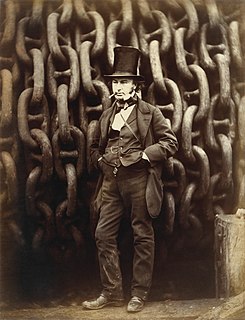A Quote by Thomas a Kempis
Gladly we desire to make other men perfect, but we will not amend our own fault.
Related Quotes
We would willingly have others perfect, and yet we amend not our own faults. We would have others severely corrected and will not be corrected ourselves. The large liberty of others displeases us, and yet we will not have our own desires denied us. We will have others kept under by strict laws, but in no sort will ourselves be restrained. And thus it appears how seldom we weigh our neighbor in the same balance with ourselves.
It is not merely our own desire but the desire of Christ in His Spirit that drives us to grow in love. Those who seldom or never feel in their hearts the desire for the love of God and other men, and who do not thirst for the pure waters of desire which are poured out in us by the strong, living God, are usually those who have drunk from other rivers or have dug for themselves broken cisterns.
Men will work hard for money. They will work harder for other men. But men will work hardest of all when they are dedicated to a cause. Until willingness overflows obligation, men fight as conscripts rather than following the flag as patriots. Duty is never worthily performed until it is performed by one who would gladly do more if only he could.
That is very fine; but it is impossible to make the men perfect; the men will always remain the same as they are now; and no legislation will make a man have more presence of mind, or, I believe, make him more cautious; and besides that, the next time such an accident occurs, the circumstances will be so different, that the instructions given to the men, in consequence of the former accident, will not apply.
When therefore we are hindered, or disturbed, or grieved, let us never attribute it to others, but to ourselves; that is, to our own principles. An uninstructed person will lay the fault of his own bad condition upon others. Someone just starting instruction will lay the fault on himself. Some who is perfectly instructed will place blame neither on others nor on himself.
Nothing can tell us so much about the general lawlessness of humanity as a perfect acquaintance with our own immoderate behavior. If we would think over our own impulses, we would recognize in our own souls the guiding principle of all vices which we reproach in other people; and if it is not in our very actions, it will be present at least in our impulses. There is no malice that self-love will not offer to our spirits so that we may exploit any occasion, and there are few people virtuous enough not to be tempted.
There are two tendencies in all our war talk.... The first is to boast, if not of ourselves and our deeds, at least of our army, our corps, our regiments. The other is to find fault with, to criticize, to censure, to condemn others. If there is a victory, we gained it and must have the credit of it. If there is a failure, it was the fault of the other fellow,--he must be blamed for it.




































